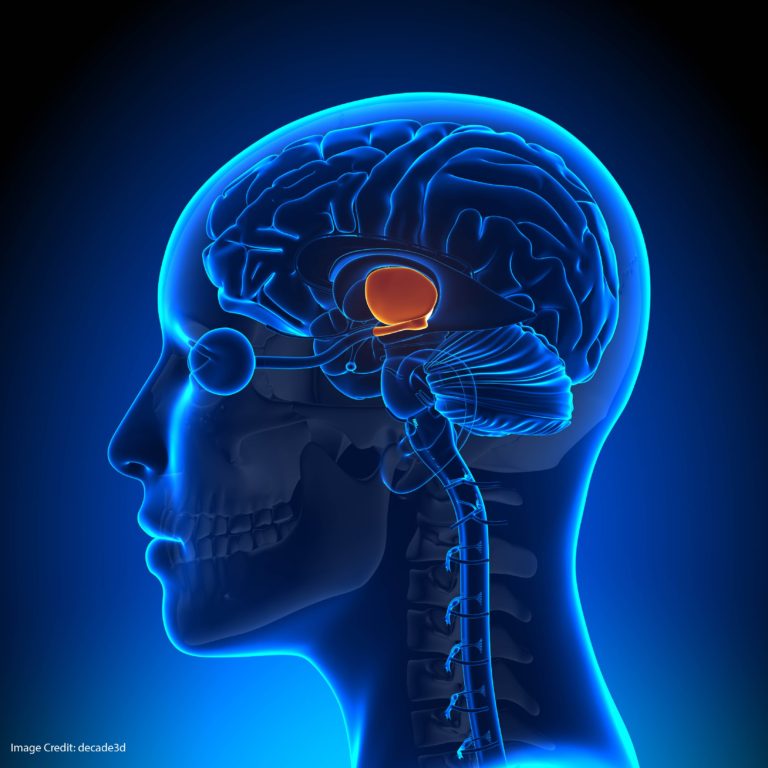Tags
ADHD adolescence attention autism book review boundary conditions classroom advice conference speakers constructivism/direct instruction creativity desirable difficulty development dual coding elementary school embodied cognition emotion evolution exercise experts and novices gender high school homework intelligence long-term memory math methodology middle school mind-wandering mindfulness Mindset motivation neuromyths neuroscience online learning parents psychology reading retrieval practice self-control skepticism sleep STEM stress technology working memoryRecent Comments
- Roberta on Seriously: What Motivates Teachers to Be Funny?
- Revisiting the "Handwriting vs. Laptops" Debate: More Moving Goalposts |Education & Teacher Conferences on Handwritten Notes or Laptop Notes: A Skeptic Converted?
- The Power Of A Growth Mindset: How Students Can Overcome Challenges - Sunshine Blessings on The Rise and Fall and Rise of Growth Mindset
- Goals, Failure, and Emotions: a Conceptual Framework |Education & Teacher Conferences on “Learning from Mistakes” vs. “Learning from Explanations”
- From Destruction to Rebuilding: Hope in Science’s Down Cycle on When Analogies Go Wrong: The Benefits of Stress?
ABOUT THE BLOG
Tag Archives: skepticism

Can You Resist the Seductive Allure of Neuroscience?
The seductive allure of neuroscience often blinds us. In fact, the image on the right…

Training Working Memory: Bad News, and Surprising Great News
Training working memory might be effective not because it increases WM, but because it gives participants a chance to figure out a successful strategy. If so, we can give students the same boost simply by telling them that strategy… Continue reading

The Mindset Controversy: Is It Time to Give Up?
Few theories have gotten more teacherly attention than Carol Dweck’s work on Mindset. As you…

Sleeplessness Harms Women’s Thinking More Than Men’s?
You can understand why this study lit up my twitter feed recently. It makes a…

You Are Not a Nile Grass Rat…
Teachers should pay close attention to neuroscience and psychology research done on people. However, you should NEVER change your teaching practice based on research into non-human animals. Continue reading

Surprise! Less Oxytocin Might Improve Social Interaction
A potential downside to oxytocin: it might harm social interactions. This specific research finding offers teachers a general reminder: be skeptical of simplistic teaching advice based on hormones. Continue reading
![AdobeStock_121864954 [Converted]_Credit](https://www.learningandthebrain.com/blog/wp-content/uploads/2018/01/AdobeStock_121864954-Converted_Credit.jpg)
Don’t Be Fooled by the Learning Pyramid Myth
The problem with the pyramid is not merely that it’s inaccurate, but that it’s incoherent.
The important lesson here goes beyond “always check the sources.” Instead, the point is “always check specific claims.”
Continue reading
Foolish “Brain Training” Flim-Flam of the Day
Tom Brady’s new “Brain Training” Website looks a lot like earlier attempts to over-hype thinly supported brain research. Don’t fall for it. Continue reading

Diagnosing ADHD with MRI
How do we know if a student has ADHD? Typically, we observe behavior. To what…
Now Even the New York Times Has It Wrong
Here’s a hypothetical situation: Let’s say that psychology researchers clearly demonstrate that retrieval practice helps…
